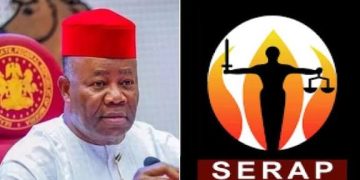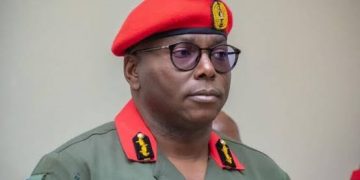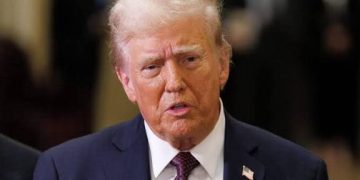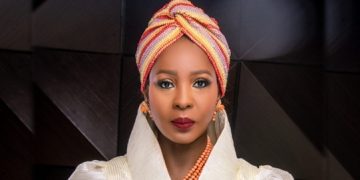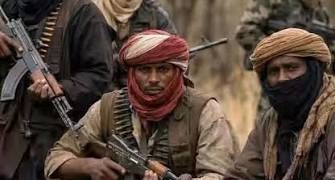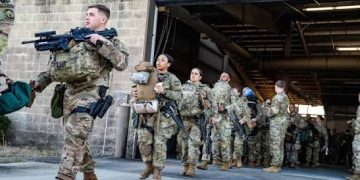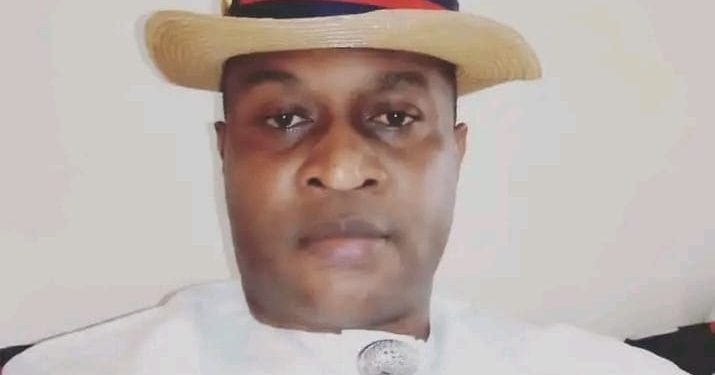In Nigeria’s turbulent political environment, betrayal often seems an inevitable feature of the system. Promises are made and broken with startling ease, and loyalty frequently shifts in pursuit of personal gain. For activists like Omoyele Sowore, this culture of political inconsistency has become a defining test of springiness one that demands what I call “shock absorbers.”
The recent #FreeNnamdiKanu peaceful protest in Abuja laid bare these realities. Despite initial assurances of support, many who vowed to stand up for Nnamdi Kanu, the detained leader of the Indigenous People of Biafra (IPOB), failed to show up. For the Southeast region, and particularly for Ndigbo, this absence speaks volumes. It reflects a growing sense that Mazi Nnamdi Kanu has been left to languish in detention abandoned by the very elites and politicians who should be championing his freedom.
Yet amid this silence, one man’s courage reverberates across Nigeria: Omoyele Sowore.
A human rights activist and former presidential candidate, Sowore risked his life to organize a peaceful rally demanding Kanu’s release. His action transcended ethnic and religious lines, challenging the notion that justice in Nigeria must be defined by tribe or political affiliation. Many Nigerians took to social media to praise his courage, calling him “a warrior” and “a true Nigerian.”
A Yoruba adage says, “Maja masa la’nfi mọ àkọgún” literally, “He who fights and runs away lives to fight another day.” To many, Sowore epitomizes this spirit: a fighter who never retreats, guided not by fear but by strategic resolve.
Despite the peaceful nature of the protest, the state’s response was forceful. Sowore accused security operatives of launching an unprovoked attack on demonstrators at the rally.
“Suddenly, from nowhere, they started shooting at us using tear gas and even live bullets,” he recounted. “Luckily, I don’t think anybody was hit, but they were shooting all around us.”
Several protesters were reportedly arrested, including Nnamdi Kanu’s younger brother and lawyer, who were allegedly beaten before being taken to the FCT Command. “They’ve all been taken to the FCT Command,” Sowore confirmed. Witnesses said the police, army, and civil defence operatives jointly carried out the operation, firing tear gas and live ammunition to disperse the crowd.
Shouts and cries of “Free Nnamdi Kanu now!”, “It’s our constitutional right to protest!”, and “Don’t tear gas us!” filled the air before chaos ensued. Access roads leading to the Federal Secretariat and the Three Arms Zone were barricaded. Even in the Utako area, near the Nigeria Union of Journalists Secretariat, security forces fired tear gas at a non-protesting crowd, sending people fleeing in panic.
The heavy-handed response has reignited debate over Nigeria’s democratic credentials and the right to peaceful protest. As one social media user asked pointedly:
“Is it not easier to negotiate with a detainee than to negotiate with terrorists?”
Sowore’s defiance has sparked a new wave of reflection on what unity and activism mean in a deeply divided nation. Though mocked by some for the low turnout, his symbolic action struck a chord especially among those who believe that silence in the face of injustice is complicity.
In a country where ethnic and political loyalties often override moral courage, Sowore’s stand has become more than a protest; it is a statement of national conscience. While the question remains where are the Igbo elites who promised to stand up for Nnamdi Kanu? Sowore’s actions remind Nigerians that solidarity can, and must, transcend identity.
Whether or not this protest directly leads to Nnamdi Kanu’s release, it has already achieved something profound: it has reignited the conversation about freedom, justice, and the cost of courage in Nigeria. And for many, that makes Sowore not just an activist, but a symbol of the Nigeria that still dares to hope.
If we truly achieve a great Nigeria, it won’t matter whether you are Igbo, Hausa, Yoruba, or from any other tribe we will all benefit from the change. Our children and history will write our names in the great book of a united and prosperous Nigeria.
Daniel Okonkwo is a seasoned writer, human rights advocate, and public affairs analyst, renowned for his thought-provoking articles on governance, justice, and social equity. Through his platform, Profiles International Human Rights Advocate, he consistently sheds light on pressing issues affecting Nigeria and beyond, amplifying voices that call for accountability and reform. He is also a professional transcriptionist and experienced petition writer, with over 1,000 published articles on Google. Many of his works have been featured in Sahara Reporters and other major news outlets. In addition, he works as a ghostwriter, freelancer, and journalist.


